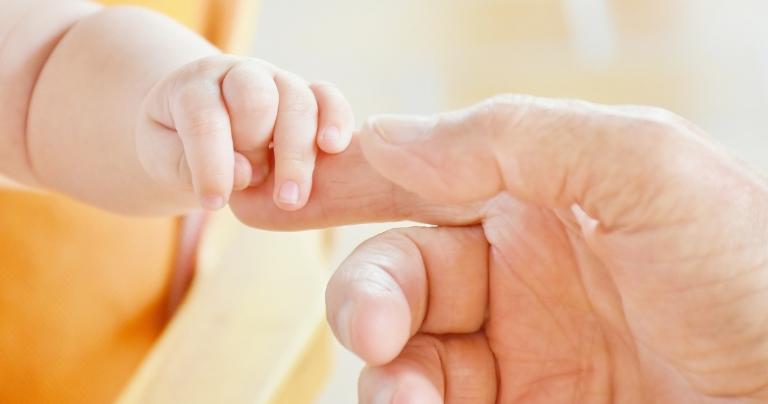
As a writer, I must admit that I feel somewhat threatened by Chat GPT. The AI can write a grammatically perfect text with philosophical gravitas that I struggle to achieve—and it can do it in a few seconds. I’ve toyed with it for over a month now. Early on, I was convinced I would start using it exclusively to write my articles. I fed it some of my thoughts and scribblings, and the outcomes seemed so polished and insightful, sprinkled with just the right amount of quotes, that I was taken aback. But when I reread the articles the day after, something was missing—my humanity.
What Makes Us Human?
I’ve been writing about interfaith and interspirituality for several years, studying the great religions and mystical paths to find the few important overlaps that we should all pause and reflect on. One thing keeps popping up. As varied as religious and spiritual dogmas and scriptures are, human experience is always present. We go through the same lifecycle from birth to death, have similar needs—as the chakra system and Maslow mapped out—are equipped with similar emotional wiring, and have the potential to have profound spiritual experiences if the right conditions are met.
Experience makes us uniquely human; a combination of sensory, emotional and intellectual data that is near-impossible to replicate. I say near-impossible because we don’t know what AI will do down the road, but unless scientists start replicating our reproduction methods, there will always be a difference.
Distinct and Unique
No two snowflakes are alike. In a handful of sand, you will not find two identical grains. No two humans are the same. Uniqueness and distinction are built into the universe. Paradoxically, social assimilation is the norm in human societies because we rely on each other for survival. We try to blend in. This means that to stand out in a world where the AI is faster and smarter than us, we need to start leaning into our uniqueness, especially the uniqueness of our experiences.
Humans Are Imperfect
Furthermore, if one sweeping generalization can be applied to humanity, it is that human beings are imperfect. Again, from my years of studying religion and spirituality, I can tell you that the yearning for perfection is strong. Still, the realization of perfection is rare, impossible even (to quote my good friend Snagglepuss). I’ve seen countless gurus and priests fall off imagined pedestals of perfection, some created by them and others by their followers.
Counter to that, embracing imperfection leads to humility. Some people use imperfections as excuses for bad behavior, whereas mature spiritual seekers acknowledge this fact about their humanity and attempt to set up guardrails.
Imperfection Leads to Vulnerability
Naturally, our imperfections make us vulnerable. By comparison, AI doesn’t have a bad day because of hormonal fluctuations or domestic disputes. We do. AI will not mourn the loss of a loved one who died prematurely. We will. AI will not have sleepless nights because of anxiety. We will. Granted, AI may be able to find examples of all those behaviors in texts written by humans, but the experiences will be missing.
I’ve been around people in all types of situations, and I can tell you that nothing connects two people deeper and faster than when they share their vulnerability and are met with openness. As AI becomes more prevalent, our yearning will be less for perfection and more for authenticity and vulnerability. We’ll need to be able to see ourselves reflected in our communications with others to make real connections. Exclaiming, “You too?” will feel ecstatic.
Learning to Work With AI
I’m not fooling myself here. The future will include AI. We need to learn how to work with these new models. If we don’t, we will be left behind. However, let us not sacrifice the things that make us uniquely human, chief among them experience, vulnerability, and authenticity. The social adaptation model of assimilation will not work in our favor. We cannot be more like AI, but we can be more like ourselves.
Gudjon Bergmann
Author and Mindfulness Teacher
Amazon Author Profile
Recommended books by GB:
- Monk of All Faiths: Inspired by The Prophet (fiction)
- Spiritual in My Own Way (memoir)
- Co-Human Harmony: Using Our Shared Humanity to Bridge Divides (nonfiction)
- Experifaith: At the Heart of Every Religion (nonfiction)
- Premature Holiness: Five Weeks at the Ashram (novel)
- The Meditating Psychiatrist Who Tried to Kill Himself (novel)
Picture: CC0 License

















